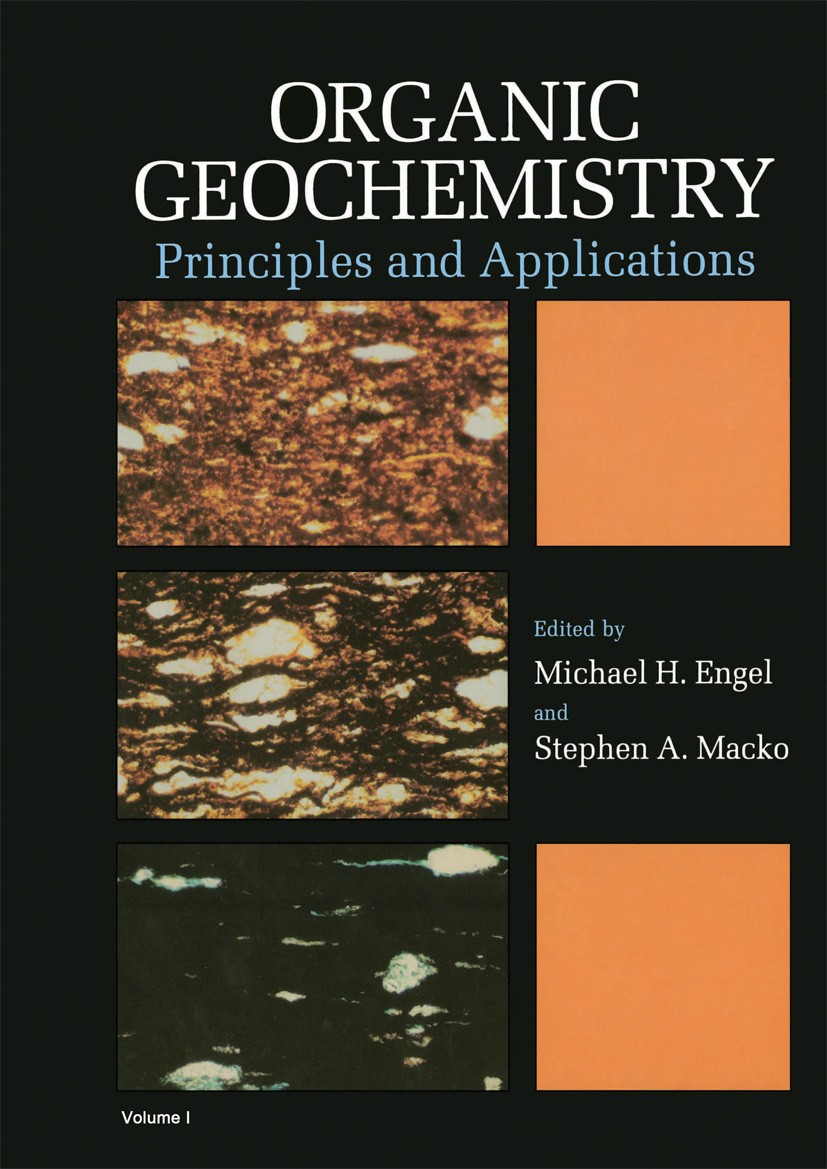Investigating pressure effects on oil stability in deep-buried strata via chemical kinetics
IF 2.5
3区 地球科学
Q2 GEOCHEMISTRY & GEOPHYSICS
引用次数: 0
Abstract
The effect of pressure on the oil stability in reservoirs, particularly in deep to ultra-deep strata, is a topic of significant interest. A series of crude oil cracking experiments were conducted in closed gold-tube pyrolysis systems under compressible and incompressible conditions without added water to quantitatively investigate this phenomenon. Crude oil samples with a thermal maturity of 0.74% Ro were heated from 354 ℃ to 600 ℃ at rates of 2 ℃/h and 20 ℃/h. Constant confining pressures of 50 MPa and 100 MPa were maintained throughout the experiments. Additionally, experiments were conducted at programmed temperatures corresponding to thermal maturities of 1.0% EasyRo (380 ℃), 1.5% EasyRo (420 ℃), and 2.1% EasyRo (454 ℃), with heating rates of 2 ℃/h, and under two variable fluid pressures of approximately 50 MPa (ranging from 0 to >50 MPa) and approximately 100 MPa (ranging from 0 to >100 MPa). The results indicate that confining pressure has a marginal impact on the hydrocarbons generation and cracking. Whereas, the fluid pressure initially promotes cracking reactions and subsequently exerts a retardation effect. This was demonstrated by the variations in alkane yields (methane, C2–C5, C6–C12, and C13+ hydrocarbons). A kinetic analysis shows that the temperatures required for 51% and 62.5% conversion levels of liquid hydrocarbons vary marginally (by 1–5 ℃). This indicates that from a chemical kinetics perspective, pressure has a marginal impact on oil stability compared with temperature. This study introduces a novel approach to investigate the effects of pressure on oil stability and to elucidate the complex dynamics process of hydrocarbon reactions under varying pressure conditions in deep-ultra-deep reservoirs.
化学动力学研究压力对深埋地层石油稳定性的影响
压力对储层(特别是深层至超深层地层)油稳定性的影响是一个非常有趣的话题。为了定量研究这一现象,在不加水的情况下,在可压缩和不可压缩条件下,在密闭金管热解系统中进行了一系列原油裂解实验。将热成熟度为0.74% Ro的原油样品以2℃/h和20℃/h的速率从354℃加热到600℃。实验过程中,围压保持在50 MPa和100 MPa。此外,实验在1.0% EasyRo(380℃)、1.5% EasyRo(420℃)和2.1% EasyRo(454℃)热成熟度的程序温度下进行,加热速率为2℃/h,流体压力约为50 MPa(范围从0到>;50 MPa)和约100 MPa(范围从0到>;100 MPa)。结果表明,围压对油气生成和裂解影响较小。流体压力先促进裂化反应,后起阻滞作用。烷烃产率(甲烷、C2-C5、C6-C12和C13+烃)的变化证明了这一点。动力学分析表明,液态烃51%和62.5%转化率所需的温度变化不大(相差1 ~ 5℃)。这表明,从化学动力学的角度来看,与温度相比,压力对油稳定性的影响微乎其微。该研究为研究压力对油稳定性的影响以及阐明深-超深储层在变压力条件下烃类反应的复杂动力学过程提供了一种新的方法。
本文章由计算机程序翻译,如有差异,请以英文原文为准。
求助全文
约1分钟内获得全文
求助全文
来源期刊

Organic Geochemistry
地学-地球化学与地球物理
CiteScore
5.50
自引率
6.70%
发文量
100
审稿时长
61 days
期刊介绍:
Organic Geochemistry serves as the only dedicated medium for the publication of peer-reviewed research on all phases of geochemistry in which organic compounds play a major role. The Editors welcome contributions covering a wide spectrum of subjects in the geosciences broadly based on organic chemistry (including molecular and isotopic geochemistry), and involving geology, biogeochemistry, environmental geochemistry, chemical oceanography and hydrology.
The scope of the journal includes research involving petroleum (including natural gas), coal, organic matter in the aqueous environment and recent sediments, organic-rich rocks and soils and the role of organics in the geochemical cycling of the elements.
Sedimentological, paleontological and organic petrographic studies will also be considered for publication, provided that they are geochemically oriented. Papers cover the full range of research activities in organic geochemistry, and include comprehensive review articles, technical communications, discussion/reply correspondence and short technical notes. Peer-reviews organised through three Chief Editors and a staff of Associate Editors, are conducted by well known, respected scientists from academia, government and industry. The journal also publishes reviews of books, announcements of important conferences and meetings and other matters of direct interest to the organic geochemical community.
 求助内容:
求助内容: 应助结果提醒方式:
应助结果提醒方式:


